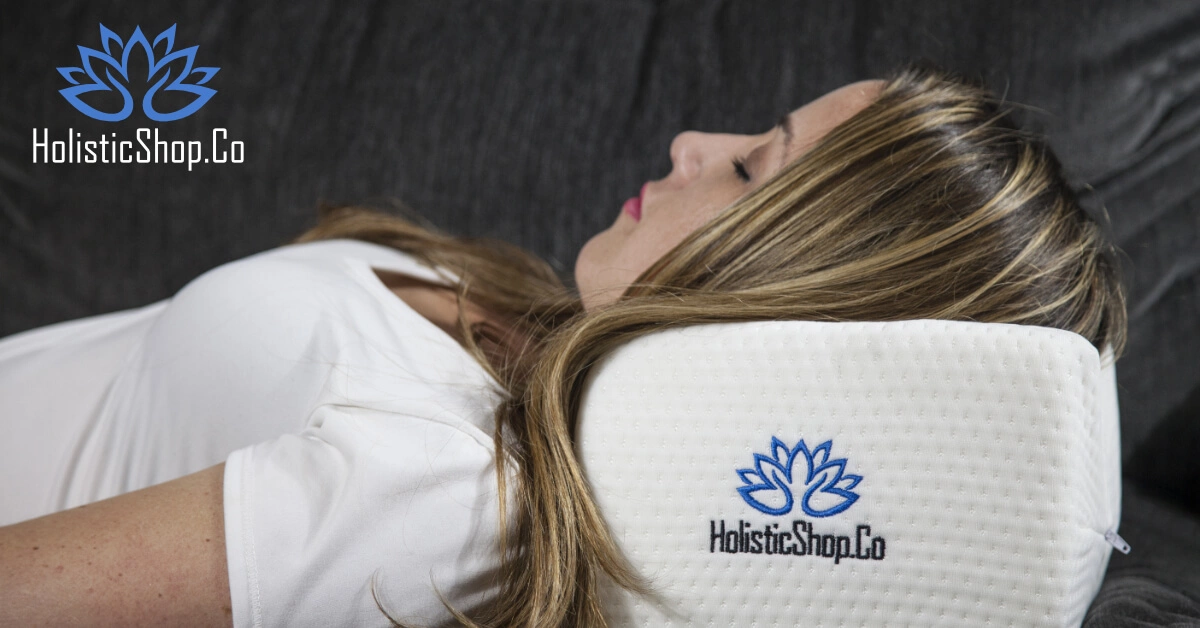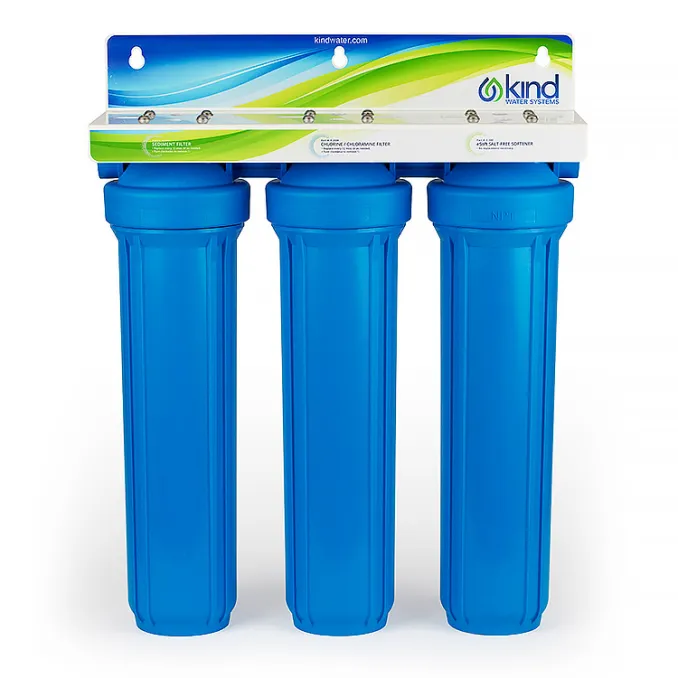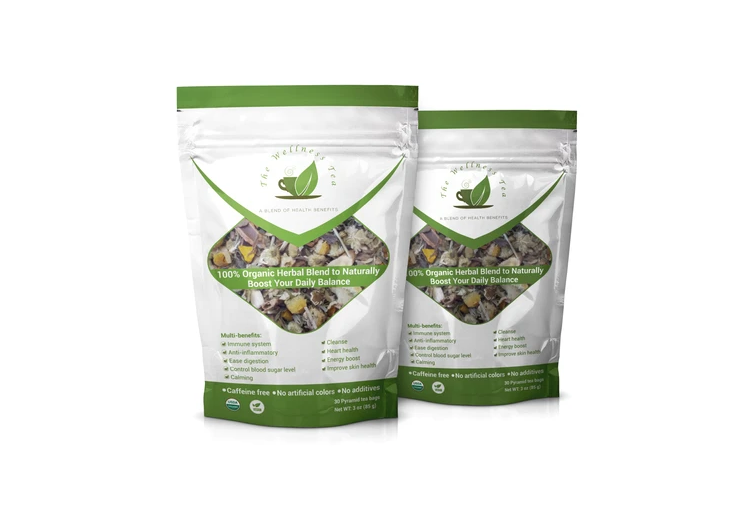When we are children, we dream of a magic trick that will make us finish our homework quickly and leave us free to play. When we grow up we realize that there is Brain Booster or ampoule that promises us equivalent “magic”: improving memory and concentration. Many students (and parents) think that these products allow them to study hard and get good grades. But it does not seem that way.
There are several types of supplements for various purposes, but in reality they do nothing,” says an expert at the University of Porto. Proper nutrition is the best way to ensure that cognitive function is maximized.

How do you prove it works?
These supplements promise to increase cognitive abilities, but also solve problems of tiredness, improve the immune system, resolve depressive states, increase appetite (or reduce, depending on the intended audience), prevent cancer, osteoporosis and cardiovascular problems. The problem is that there are no clinical trials (such as those required for medicines) that confirm that these supplements are effective at what they are intended for.
The set of vitamins, minerals and other non-pharmacological components of these products make them considered as food supplements and not medicaments. That is why they are not required to comply with clinical trials to demonstrate efficacy and safety to which the drugs are subject. The fact that they are sold at the pharmacy is no longer valid, since they can also be marketed in a supermarket, on television or on the internet.
Some physician believes that there is no evidence that supplements fulfill the ends. A food supplement, or any medicine, that is effective in some aspect of health must be supported by an experimental investigation with a valid scientific method. The study should always include a control group that receives a placebo so that it can control the effects of the suggestion.

Karen is a health blog author who has been writing about healthy living since 2013. She started her journey by adopting a vegan diet and eating only organic foods, but the more she learned, the more she realized that we should all be eating plant-based diets exclusively. As an expert in nutrition and wellness, Karen blogs to educate readers on how they can live happier and healthier lives through food choices!













